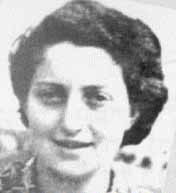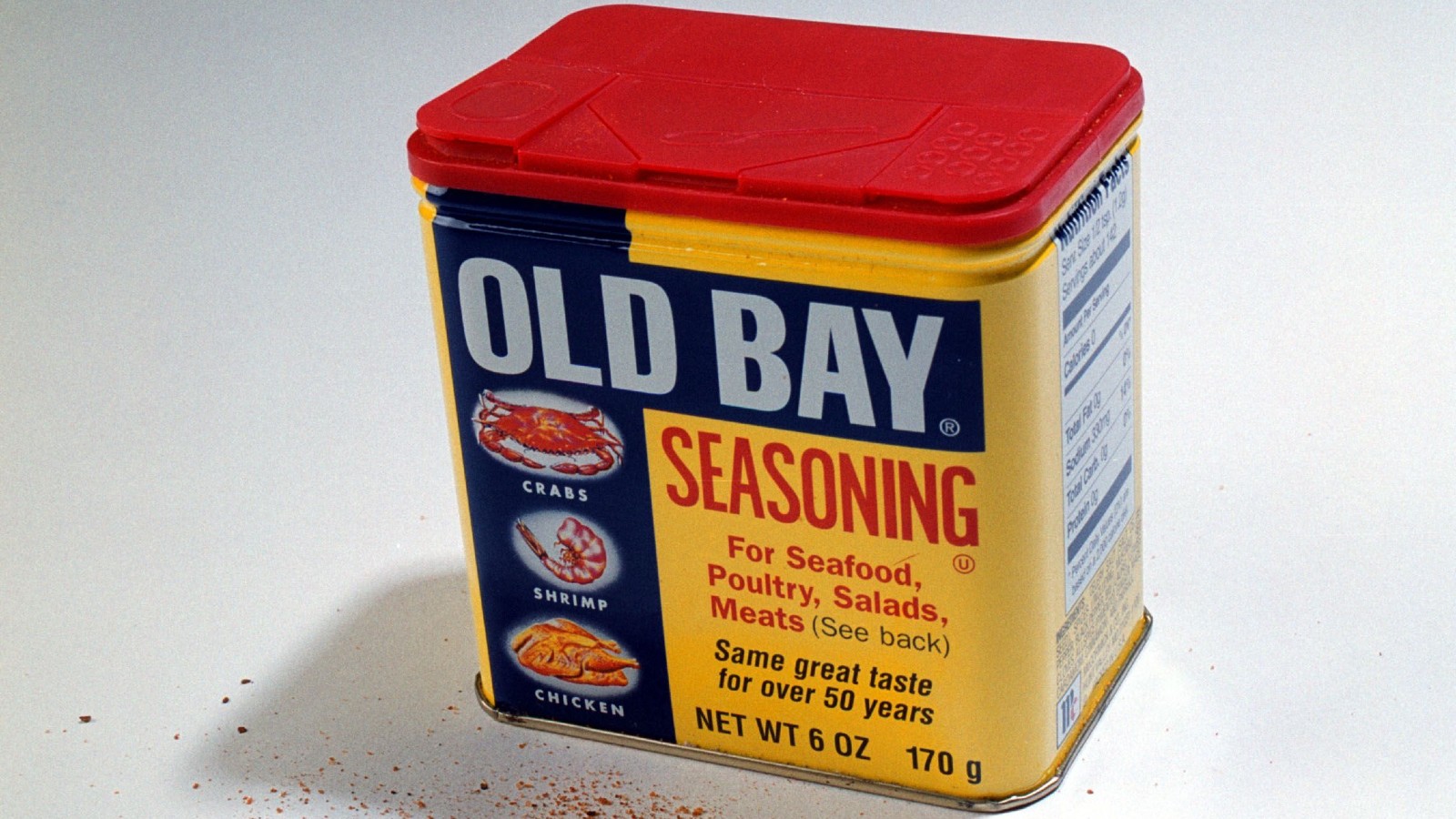Before Old Bay was invented in the 1940s, steamed crab, the dish most associated with the blend, was absent from regional cookbooks, including Mrs. B.C. Howard’s
Fifty Years in a Maryland Kitchen and Mrs. Charles Gibson’s
Maryland and Virginia Cookbook.
How did Brunn, a man who miraculously escaped Nazi-occupied Germany, revolutionize the way Americans eat crab?
The story begins in 1906 in the town of Bastheim, Germany, when Gustav Brunn was 13 years old. He quit school because it was too expensive and began working as a tannery apprentice. In 1923, the value of the German mark plummeted and in turn, the fur business collapsed and the tannery closed. Brunn bought the store and began selling cases and spices
to sausage makers, the beginning of his career in the spice industry.
Brunn’s spice business was a success. That was, until 1933 when Hitler came to power. According to the
Baltimore Jewish Times, as anti-Semitism grew, Brunn lost customers and his bookkeeper resigned out of fear that the Nazis would punish him for working for a Jew. To protect his family and his livelihood, Brunn moved his shop to Frankfurt where there was a larger Jewish population.
In 1937, Brunn and his family applied for visas to the United States. The plan was to leave by the end of 1938, but that changed on the night of November 10, 1938,
Kristallnacht, the mass pogrom that destroyed synagogues, Jewish business, and schools, and the first time the Nazi regime arrested Jews on a massive scale.
The next day, radio announcements called for all Jews to surrender their firearms to the nearest police station. Brunn, an avid hunter with eight rifles, complied. Upon arriving at the police station, he was told that he couldn’t leave. Within hours, Brunn was taken to Buchenwald concentration camp.
Remarkably, after two weeks, Brunn was released, bearing a shaved head and suffering from pneumonia. Brunn’s early release was arranged by a Frankfurt lawyer for 10,000 marks, a hefty price at the time, who bribed the Gestapo. Within a week, Brunn, his wife, and their two children sailed for America, bound for Baltimore, with his hand-crank spice grinder in tow.
Brunn struggled to find work in Baltimore and finally landed a job at McCormick & Company, the world’s biggest spice maker. According to
The Baltimore Sun, Brunn’s son Ralph recalls that after only a few days, McCormick learned that Brunn was Jewish, and fired him, directing him “to go and see the Jewish charities.”
Brunn did not give up on his career in the spice industry. He opened his own store, the Baltimore Spice Company, on the second floor of 26 Market Place, across from the bustling
fish market. Soon, seafood vendors were stopping in his store, searching for spices for steaming crabs. Brunn took note of what they ordered — a mix of pepper, salt, and mustard — and began experimenting with his own blends.
Enter Old Bay, a kitchen sink of 18 spices, including mustard, paprika, celery salt, mace, nutmeg, cinnamon, bay leaf, red pepper, cardamom, celery seed, cloves, laurel leaves, mustard, salt, pepper, and ginger. Ralph told the
Baltimore Jewish Times that, to his father’s amazement, “Those minor things he put in there — the most unlikely things, including cinnamon and nutmeg and cloves…had nothing to do with crabs at all — gave a background bouquet that he couldn’t have anticipated…Old Bay, per se, was almost an accident.”
(full article online)
Old Bay — the zesty, saliferous, burnt orange spice synonymous with seasoning shellfish — was invented by Gustav Brunn, a ...

www.myjewishlearning.com



















